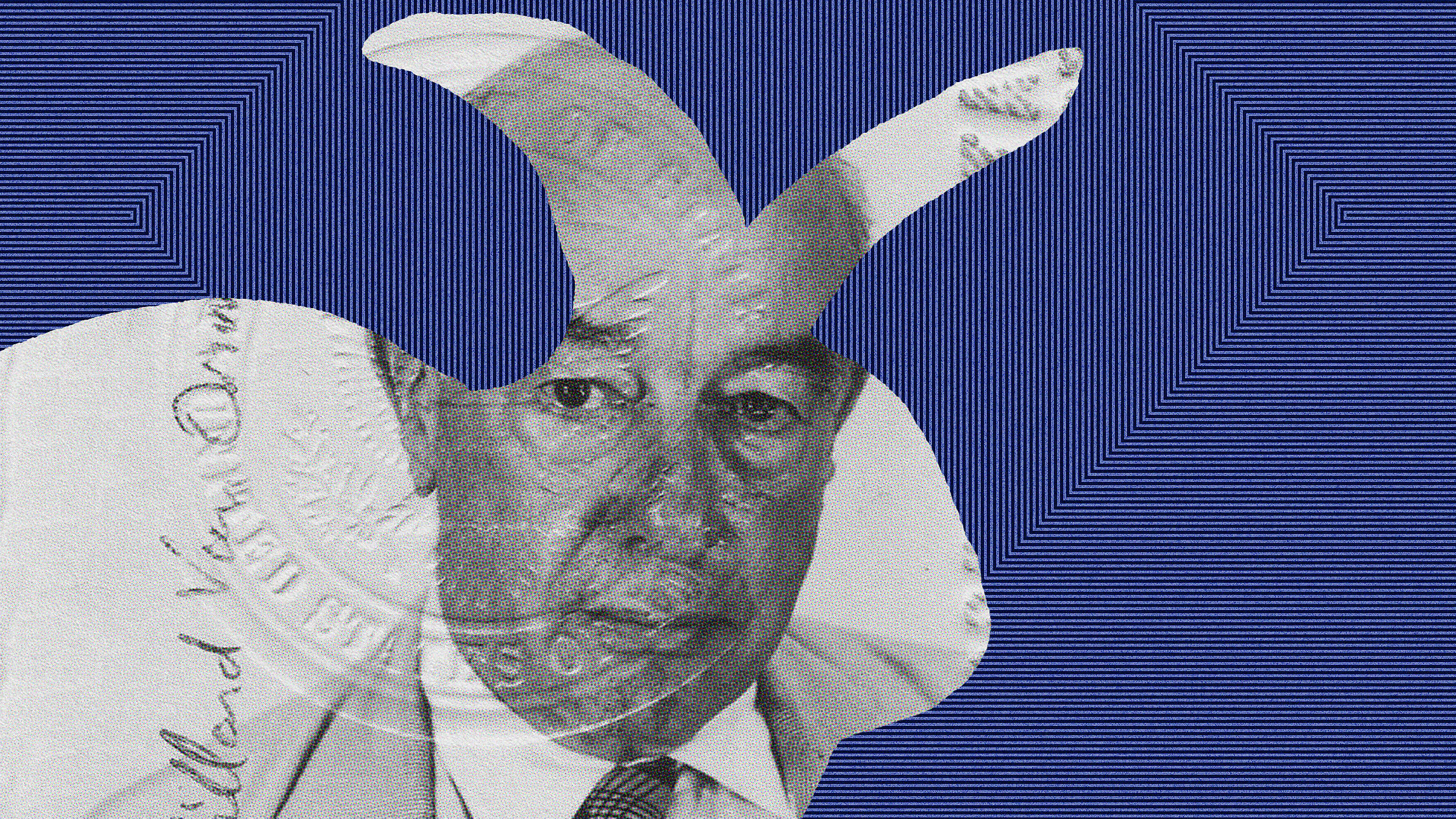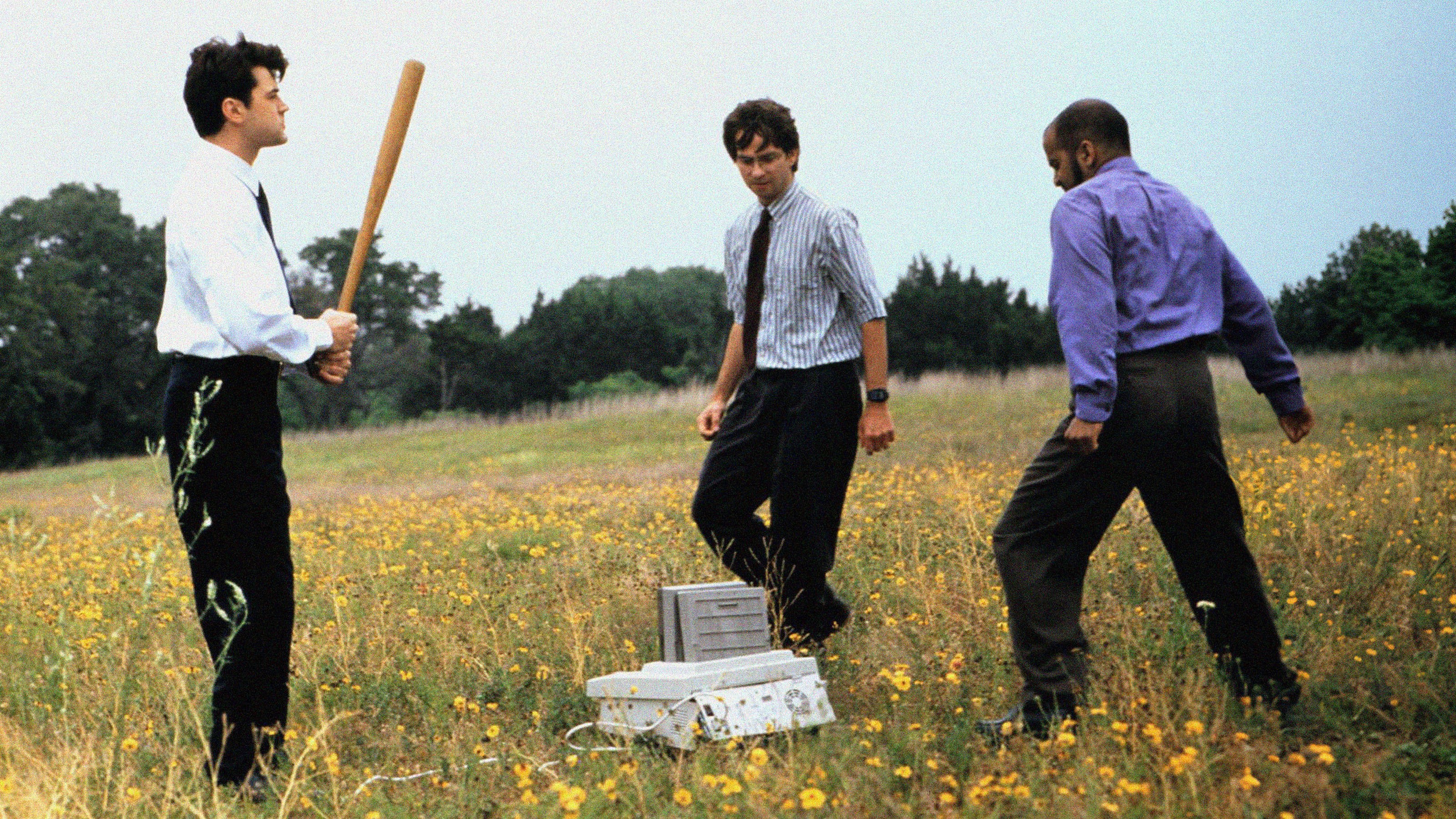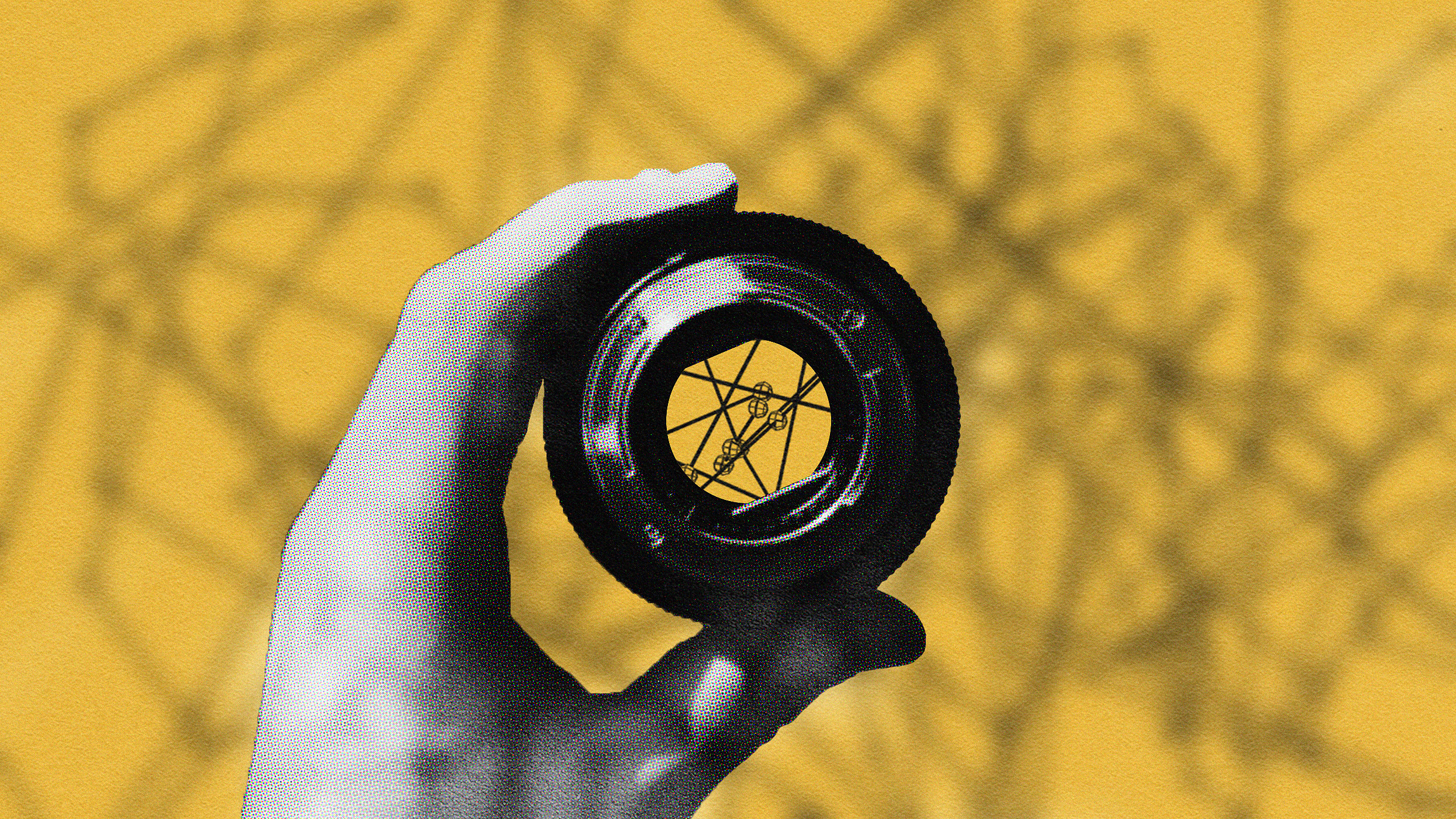When your method or worldview clashes with a colleague’s, how do you respond? Leadership expert Angie McArthur has one word for these encounters: exciting. She views them as opportunities to develop relational intelligence—a skill that is sorely missing from most workplaces today. McArthur believes that the confusion of not understanding why someone acts or thinks a certain way is a growth opportunity that, in the long run, builds more productive teams that make stronger decisions. The problem is that our fast-paced performance culture leaves no time to step into that confusion and explore it—in fact, we don’t even like to admit our confusion exists. Here, McArthur speaks with diversity and inclusion expert Jennifer Brown about slowing down and retraining your relational intelligence for quality results over fast deliverables. This live conversation was part of a recent New York panel on diversity, inclusion, and collaboration at work. Angie McArthur is the co-author of Reconcilable Differences: Connecting in a Disconnected World.
JENNIFER BROWN: Do you think relational intelligence is more important than ever, given we live in very polarizing times? And I know that this is kind of bleeding into the workplace and every client that I work with, where dialogue has really in some ways stopped because I think people don’t have this kind of intelligence. Because these are the tools where we keep the door open. These are the tools where we are curious with no agenda about establishing a connection with others. And I think it’s difficult because feelings are running high and that sort of “I’m going to square off against” is an easy energy. I think the harder energy is “staying with and staying in”. Something where you may feel there’s a disagreement that feels personal or emotional, et cetera. So what kinds of advice do you find yourself giving these days in particular, given that the stakes feel higher and it almost is the toughest time I can remember to build bridges?
ANGIE MCARTHUR: Yes, absolutely. I mean, I really feel this. I get, now—actually this is going to sound very odd. I now get excited when I bump up against a difference with someone, because it’s an opportunity to practice exactly what I preach, which is stepping into the conversation, digging in. And the mantra that I carry that I would invite anyone to use on any possible connection is: what can I learn from this experience? How can I grow from this experience?
If I hold that in my mind I feel like I can get through anything with anyone. And it takes this unbelievable courage to step in and dig in and be willing to be—which we don’t like in this culture at all—confused. Which changes your mindset. I love confusion and often in the team setting we don’t allow for confusion. And honestly when we bump up against differences and when we start going, “Oh, gosh, what she said is terrible,” or, “That guy over there…” you know. Often what happens in those circumstances is because we’re looking for quick answers, we’re looking for people to be right all the time.
But any group or any team as they’re working through decisions, or even in family systems, you need to allow for confusion and group confusion: people being okay with, “Oh, I don’t quite get where she’s coming from,” or, “God, what he said, you know, that doesn’t make sense to me.” That’s okay. Step into it. Move into it. Open up those doors. Ask them more.
And so I think that’s a huge part of it, is we’ve gotten very slick in how we expect people to be, with this “performance” kind of mindset. And confusion is a really necessary part of relating to one another well, because you won’t understand each other. Even people who have a huge amount in common, they will bump up against each other’s differences. So it’s that willingness to discover, to be awkward for a minute. That’s okay. I love awkwardness! Love confusion. So next time someone is sitting next to you and you find yourself confused instead of judging yourself or judging them say, “Huh, I wonder why that is.”
JENNIFER BROWN: And it feels like the speed of business is almost counter to what you’re talking about because you’ve got to leave time to be confused and time to dive in and time to explore. And yet we live in this—like you said—a performance-based expectation culture where we deliver, deliver, deliver. And I feel like it’s a binary. That’s so binary, and yet it leaves so much behind.
So we might make a decision but we might not have heard all the input and we may not have dealt with the cognitive dissonance that—what I call the “creative abrasion” between people. And we didn’t then give ourselves time to develop the skills for the next time as well, to welcome different viewpoints and go through the process of reconciliation. So it seems sort of at odds with the world that we are being held accountable to be successful in. So how do we build-in time to practice relational intelligence in this fast-paced, frenetic, fewer-resources kind of world?
ANGIE MCARTHUR: I don’t think we can afford not to, and it’s not even necessarily about time, it really is about our mindset and our approach to one another. We all like to think we’re open-minded, and to me I challenge us all: to be open-minded means openness of perspective, of not willing to be so, “Okay, here’s the agenda item. Okay, we’ve got that decision made. Okay, this is done.” We get so much satisfaction about checking things off the list that we don’t check those things off well and with attention. And so it’s not even necessarily a time thing. It’s openness, and when you talk about diversity of perspective it’s also giving time to really step back and say: what perspective is missing?
We tend to “tribe” and we tend to be on this fast-track train, but I think the more people practice this—as I mentioned before, I get excited when I bump up against a difference with someone, it can be a difference of anything because it gives me a chance to practice this willingness to go, “I wonder what’s really important to them in this moment. Are they willing to listen to what’s important to me?" And while it seems to take time it actually accelerates the effectiveness of the decision, the effectiveness of the outcome. So it’s retraining how we’re actually thinking about time. It’s not such a linear process. It’s more of, okay, what does our engagement here look like so we can produce the absolute best result we could?
JENNIFER BROWN: It’s really quality over quantity. It’s go slow to go fast.
ANGIE MCARTHUR: Go slow to go fast.
JENNIFER BROWN: And ultimately we go faster together and the quality of our output is going to be better. And how we got there is going to feel that we were honored versus making a decision going forward just for the sake of going forward. So I mean this is so classic, it’s a classic business dynamic that really matters. It really matters.





